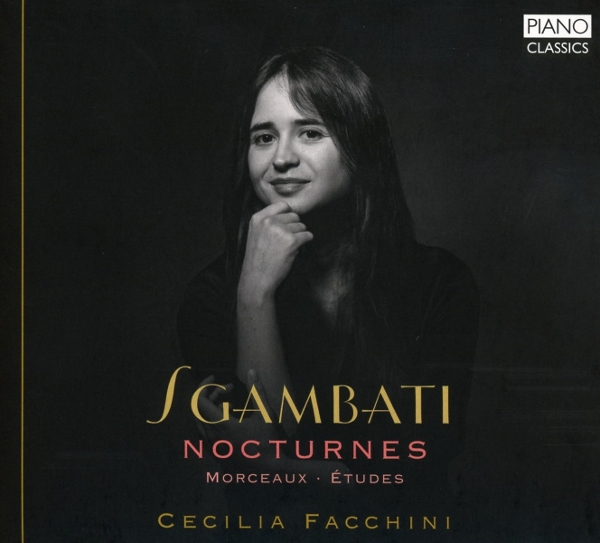Accessoires |
Mon compte
|
Ouverture de session
|
Français |
€ Euro |
Recherche avancée
|
Toutes catégories
BEST SELLER
500
NOUVEAUTéS
6.791
PROMOTIONS
212.312
Votre cherche:
pas de sélection
Résultats limité:
TECHNIQUE
245.258
JEUX/LOGICIELS
24.579
MUSIQUE
714.069
Classique divers
4.185
- Accordéon
9
- Basson
19
- Bois
36
- Clarinette
119
- Clavecin
23
- Contrebasse
17
- Cuivres
43
- Divers
11.014
- Ensemble mixte
67
- Ensemble à cordes
89
- Ensemble à vent
45
- Ensembles divers
193
- Flûte
220
- Flûte à bec
54
- Guitare
97
- Harpe
28
- Hautbois
54
- Instrum. historiques
123
- Luth
17
- Mandoline
14
- Orgue
33
- Percussion
11
- Piano
420
- Quatuor pour piano
26
- Quatuor à cordes
390
- Quintette à cordes
21
- Saxophone
46
- Trio pour piano
144
- Trio à cordes
55
- Trombone
21
- Trompe
38
- Trompette
48
- Tuba
3
- Violon
520
- Violoncelle
283
- Voile
69
- octuor
3
Musique symphonique
12.995
|
Musique Films Livres audio Merchandise Enfants |





















